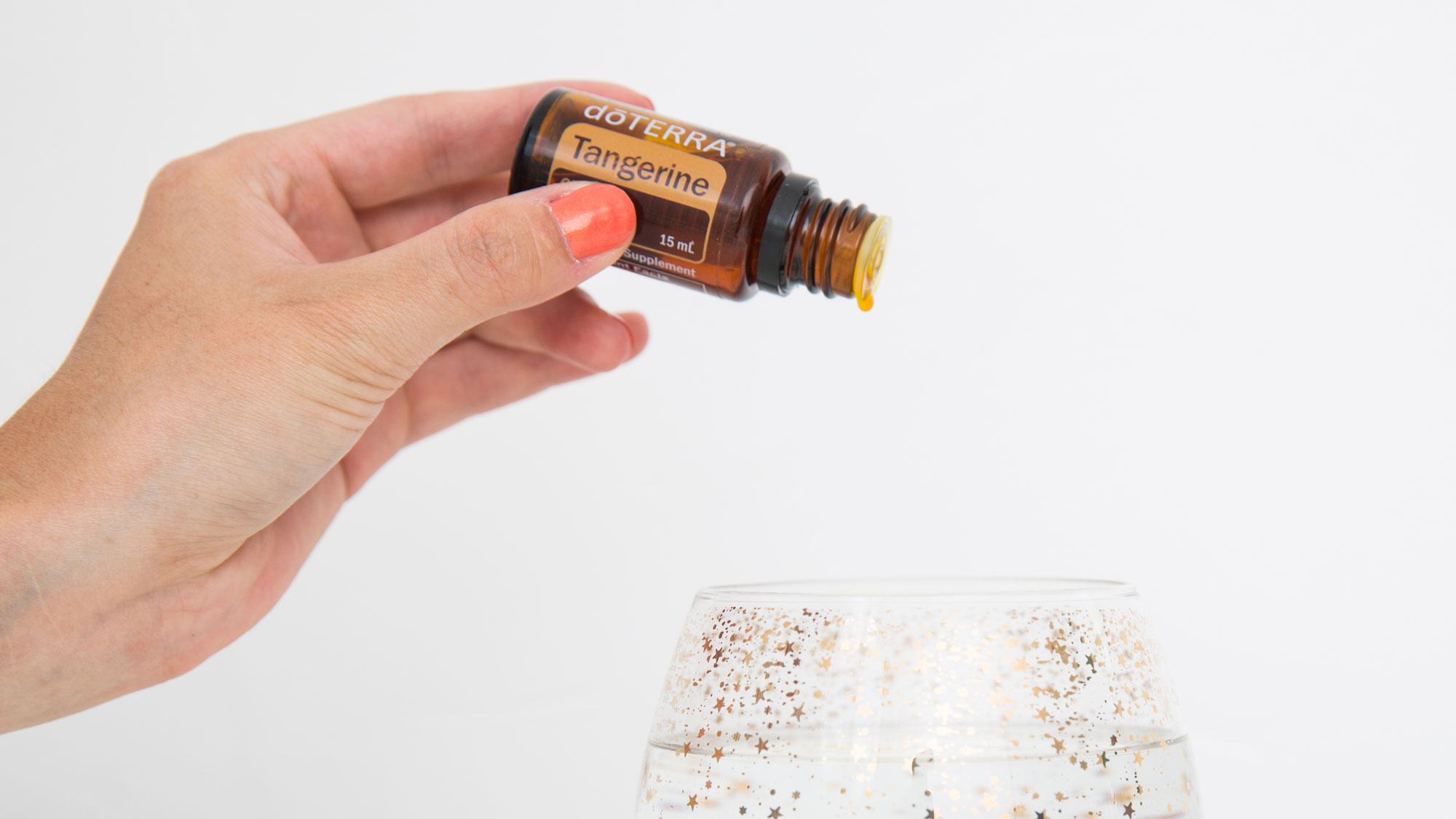Origin: a Latin derivative
meaning "Gift of the Earth."
Product Spotlight: Tangerine Oil
Essential Oil Spotlight
Essential Oil Spotlight

Tangerine Oil Product Description
Used throughout history in Chinese culture and herbal health practices, the tangerine fruit produces a tangy, sweet-smelling essential oil that is cold pressed from fruit of the Citrus reticulata tree. With a fresh scent and countless uses, this is a helpful essential oil to have in your collection.
Where to Buy Tangerine Oil
To buy a pure bottle of Tangerine, visit the Tangerine oil product page.
In order to receive the full benefits of essential oils, it is important to purchase oils that are pure and potent. Many essential oils available for purchase lack purity and potency and are riddled with filler substances and contaminants. At doTERRA, our mission is to provide high-quality essential oils that are free of harmful contaminants and fillers so that each essential oil can produce its full benefits. We ensure the purity and potency of our oils by putting each batch of oils through the CPTG Certified Pure Therapeutic Grade® protocol. This protocol involves multiple intensive tests that determine the quality of each oil.
Tangerine Oil Uses and Benefits
- Tangerine oil can also be used topically to help promote feelings of happiness. When you need some extra sunshine in your life, apply Tangerine oil topically to flex points or your abdomen. If you are concerned about skin sensitivity, be sure to dilute the oil with Fractionated Coconut Oil before applying to reduce the risk of skin sensitivity or irritation.
- Like its citrus oil friends, Tangerine essential oil also holds uplifting properties during aromatic use. When you want to uplift or energize your mood, put 1 to 2 drops of Tangerine oil on your palm, rub your hands together, and place your hands over your nose for 30 seconds. If you prefer to enjoy the uplifting scent of Tangerine oil for a longer period of time, consider adding a few drops to your favorite essential oil diffuser and experience the refreshing aroma as it fills the room.
Plant Description
Tangerine fruit grows on the Citrus reticulata tree, an evergreen that bears bright orange, sweet citrus fruit and white flowers. Because of the sweet scent and taste of the tangerine fruit, it is commonly used for desserts, beverages, and spreads. The tangerine fruit is also frequently eaten plain, because it is easy to peel and considered a juicy, delicious snack. Tangerine essential oil is taken from the peel or rind of the tangerine fruit through the process of cold expression. While the process of steam distillation uses heat to extract essential oils from plants, the process of cold pressing extracts the oil from the rind of the fruit.
Chemistry of Tangerine Oil
Main Chemical Components: Limonene
Essential oils like Tangerine that have high levels of the monoterpene limonene are often known for their ability to have stimulating and enhancing effects on mood. The stimulating and mood-enhancing effects of tangerine can be experienced by using the oil aromatically—diffusing or inhaling the essential oil. When found in essential oils, limonene is also known for its cleansing and purifying properties, which makes it helpful for cleansing surfaces around the home.
Oils that Blend Well with Tangerine
As a sweet, citrus essential oil, Tangerine blends well with a variety of oils for diffusion. When you want to embrace the scents of fall, consider blending Tangerine oil with warm, spicy oils like Cinnamon Bark or Clove. You can also blend Tangerine oil with other citrus oils like Bergamot or Lemon for a bright, uplifting aroma. The tangy scent of Tangerine essential oil can also blend well with mint essential oils like Peppermint or Spearmint.
Cautions
Possible skin sensitivity. Keep out of reach of children. If you are pregnant, nursing, or under a doctor’s care, consult your physician. Avoid contact with eyes, inner ears, and sensitive areas. Avoid sunlight or UV rays for up to 12 hours after applying product.




